On Mount Terbol in northern Lebanon, shell casings scatter across meadows, marking a grim scene for the millions of migratory birds traveling one of the busiest routes between Africa and Eurasia. This natural corridor, shaped by harsh winds, forces birds to fly low, making them easy targets for local poachers.
Michel Sawan, director of the Lebanese Association of Migratory Birds (LAMB), highlights the alarming tradition of hunting these birds, rooted in cultural inheritance. Despite laws prohibiting such practices, enforcement is weak due to Lebanon’s political and economic instability. Annually, approximately 2.6 million birds are illegally killed in Lebanon alone, according to BirdLife International.
Most birds are left to die on the ground, often suffering slow, painful deaths. This senseless killing is exacerbated by the influence of social media, where hunters post videos of their exploits, gaining likes and shares. Attempts to curb this digital incitement have met resistance from platforms like TikTok, which claim the content doesn’t violate their policies.
Sawan himself was transformed from hunter to activist after witnessing a mass killing. He recalls the human toll of this practice, sharing stories of fatal accidents during hunts. Despite these risks, he continues to confront poachers, enduring threats and even gunfire. Efforts to combat poaching are hampered by resource shortages. Although the Internal Security Forces (ISF) prioritize poaching, logistical challenges persist. Meanwhile, changing climate patterns are altering migratory routes, introducing species like the three-banded plover and the hooded wheatear to Lebanon for the first time.
The indiscriminate killing of predatory birds disrupts Lebanon’s ecosystem, leading to increased reliance on harmful pesticides. Species such as the lesser spotted eagle and sparrowhawk play crucial roles in pest control, and their loss exacerbates ecological imbalances.
Fouad Itani, president of the Association for Bird Conservation in Lebanon, stresses the broader consequences. Birds are vital for pest control, pollination, and seed dispersal. Their decline threatens biodiversity and agricultural productivity.
LAMB is advocating for the Terbol-Zgharta region to be designated as an Important Bird and Biodiversity Area (IBA). However, securing this status requires extensive research and funding, which remain elusive. Sawan’s commitment extends to rehabilitating injured birds at LAMB’s shelter. With Support from the Polish embassy, he founded LAMB as an NGO in 2021. Poland’s interest was piqued by footage of bird massacres, particularly involving storks, which hold cultural significance there.
Przemysław Niesiołowski, Poland’s ambassador to Lebanon, emphasizes that birds are a shared global treasure. The call for international cooperation is crucial to preserving these migratory paths and protecting avian species that traverse continents.
This article by Trinity Sparke was first published by One Green Planet on 24 July 2024. Image Credit :Shashi Kumar Kotte/Shutterstock.
What you can do
Help to save wildlife by donating as little as $1 – It only takes a minute.

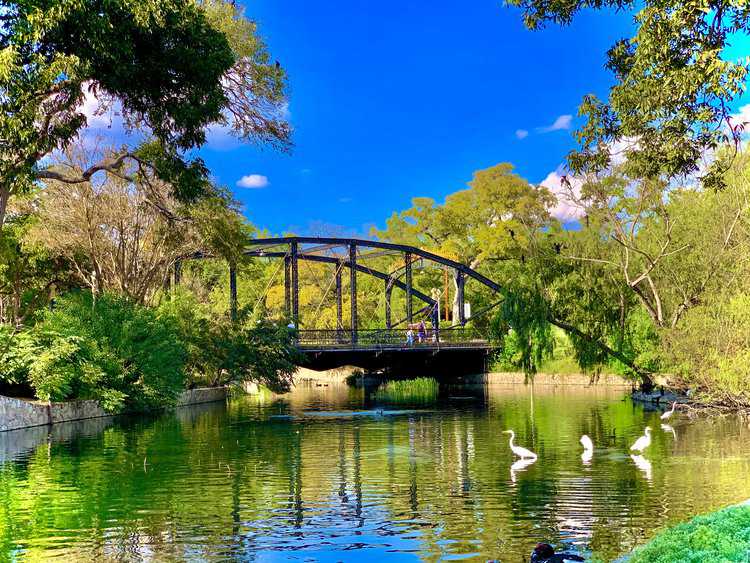
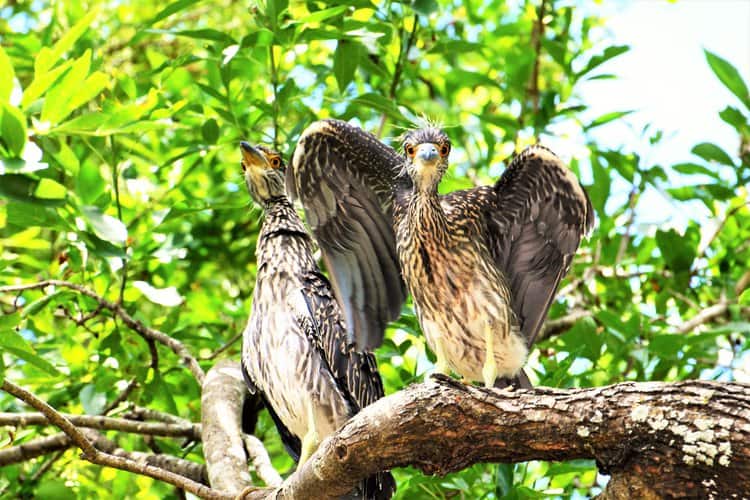
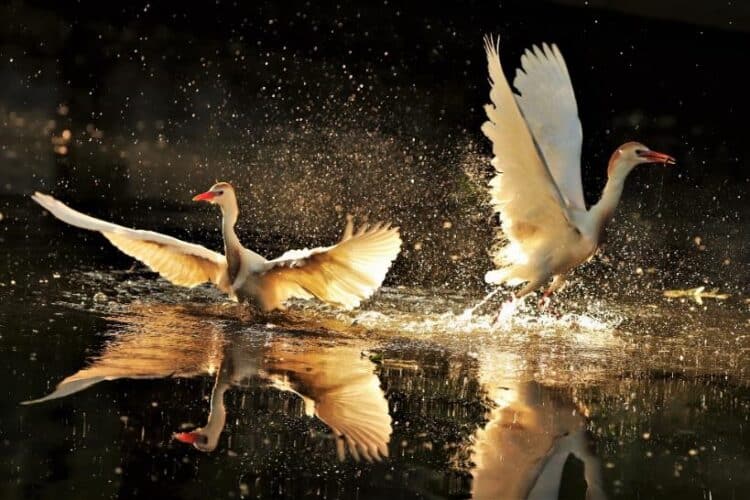
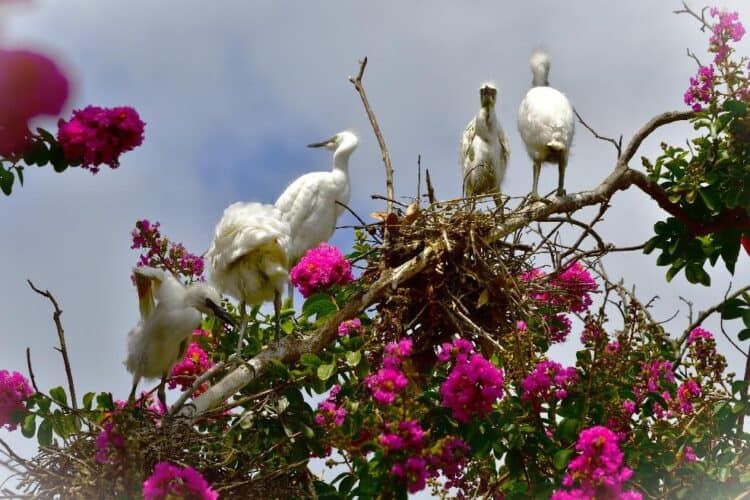
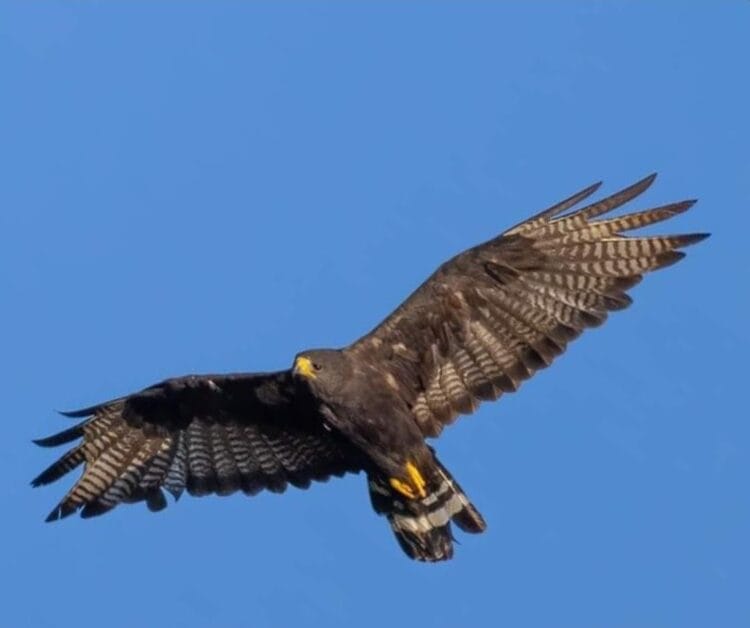

Leave a Reply